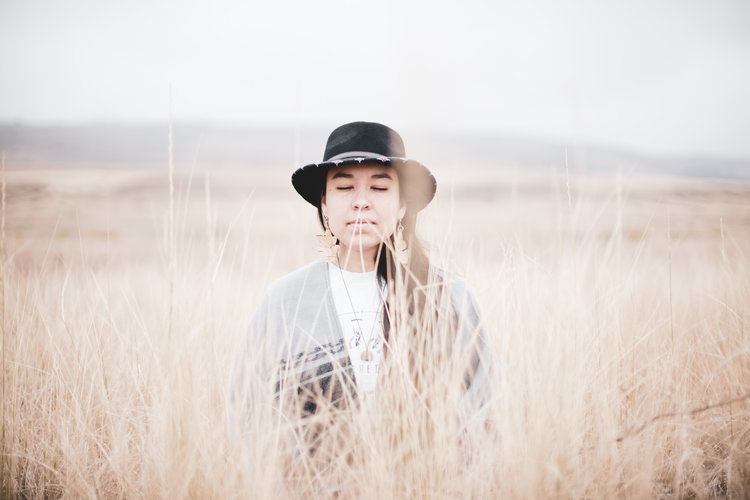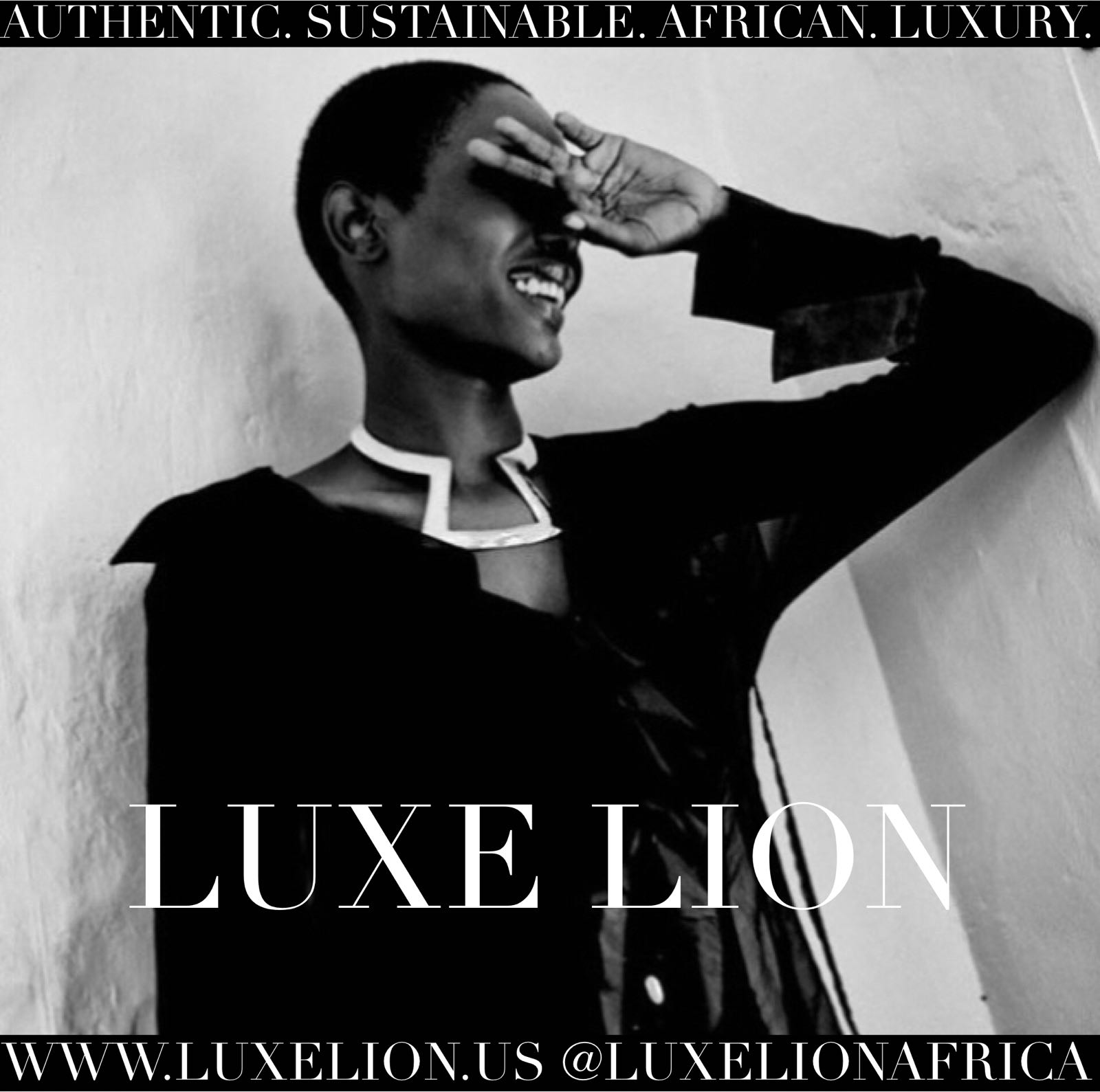Creating Harmonious Lives, Hozho and the words of Lyla June Johnston
The novel COVID-19 pandemic has forced our global human population into a spontaneous, collective act of benevolence for the first time, ever. This doesn’t mean we’re all united; some protest #shelterinplace ordinances, domestic violence soars as people are now quarantined with their abusers, people of color-owned and woman-owned small businesses are receiving essentially zero PPP support, hate-based violence got targets Asian Americans, and systemic racism as well as other inequities are resulting in higher coronavirus fatalities among the most economically marginalized. These are just conditions in the United States. While many stress (worldwide) about the unknown future, many are looking at the shifting environment and going inward. They’re reexamining how we go about creating harmonious lives and how harmony looks on a psychospiritual level. They’re noticing that the earth is undeniably seeing cleaner air and water. Coral reefs rebound in Hawaii. Animals reclaim urban spaces.
I find myself reflecting, with more resolve, on storytelling and which restorative narratives get amplified or marginalized within the noise. Panic and pandemics have a way of pushing people into their purpose. Words like “priority”, “essential”, and “frivolity” gain deeper meanings. What’s been taken for granted becomes clearer. Our narratives always shape our belief systems and our belief systems always direct what we make real, how we invent, where we invest, and what we pursue as markers of success. We have a way of thinking about an immune system as an inward thing, specific to each individual body. Pandemics are a reminder that our environment is also part of our collective and individual immune systems. We have an infinite, ongoing relationship with microbes and this interconnectivity isn’t going away any time soon.
Today, I turn to the poetry of Lyla June Johnston, an environmental scientist, musician, educator, and internationally recognized performance poet of Diné (Navajo) and Tsétsêhéstâhese (Cheyenne) lineages. Her personal mission is to grow closer to Creator by learning how to love deeper while supporting and empowering indigenous youth. Lyla’s not only trained in environmental sciences through Stanford University, but she’s also versed in the ecological sciences of her native elders. On Facebook in early 2020, I stumbled upon the world premiere video for her spoken word piece, “Hozhó”. Her work seems especially poignant these days.
“It is dawn. The sun is rising in the sky and my grandmother and I are singing prayers to the horizon. This morning, she’s teaching me the meaning of hozhó. Although there’s no direct translation from Diné Bizaad, the Navajo language, into English, every living being knows what hozhó means. For hozhó is every drop of rain. It is every leaf on every tree. It is your every eyelash. It is every feather on the blue bird’s wing. Hozhó is undeniable beauty that surrounds us.”
Lyla dives deeper, “Hozhó is remembering that you are a part of the Earth’s brilliance.” She explains that her grandmother knows this through the language she speaks and the work she has done as a midwife “until she became fluent in the language of suffering mothers, fluent in the language of joyful mothers, fluent in the language of handing glowing newborns to their creators”. Her grandmother further illuminates that hozhó isn’t something you experience on your own in some perceived isolation. “It is interbeauty.”
If you take time to watch and listen to this piece, you’ll discover that Lyla also describes what we all seem to know hozhó doesn’t mean. It’s not a passive thought, it’s found within and opposed by action. Her words are an invitation to examine where each of us have normalized disharmony and misalignment in our personal lives, careers, and social groups.
As Harvard-trained physician and author, Wayne Peate, breaks down about this state of being, it is constantly created by thought and deed:
A complex Navajo philosophical, religious, and aesthetic roughly translated to “beauty.” Hozhó also means seeking and incorporating aesthetic qualities into life, it means inner life and harmony, and it means making the most of all that surrounds us. It refers to a positive, beautiful, harmonious, happy environment that must be constantly created by thought and deed. Hozhó encourages us to go in beauty and to enjoy the gifts of life and nature and health. — Wayne Peate, M.D., Listening with Your Heart: Lessons from Native America
Episode 34 of #moonwisepodcast by Dorothée Sophie Royal features Lyla June Johnston. The episode, entitled SERVE: Lyla June Johnston on Reciprocity with Nature, discusses indigenous science, food sovereignty, peak oil and biodiversity. “It’s really not that humans are supposed to disappear and the land will be healthy. The land actually needs our touch, it needs our presence,” Lyla shares with Dorothée. We discuss how numerous traditional cultures have worked with the land as an integral part of the food web. She talks about human beings as a keystone species and how indigenous science can inform our path forward. We also dive into her insights about leadership in uncertain times and her recent experience running for office. She explains, “sovereignty is not just being able to feed yourself, but being able to lead yourself.”
To reiterate what Lyla states in her spoken word piece, hozhó has no direct translation into the English language. Yet, once it’s explained to you, you realize that you understand exactly what it is and how you’re part of it. As we grapple with our current socio-ecological issues, we need to appreciate and amplify storytellers like Lyla June Johnston as they expand wellness narratives and ideas about living in beauty and harmony with ourselves, with others, and with our planet.







